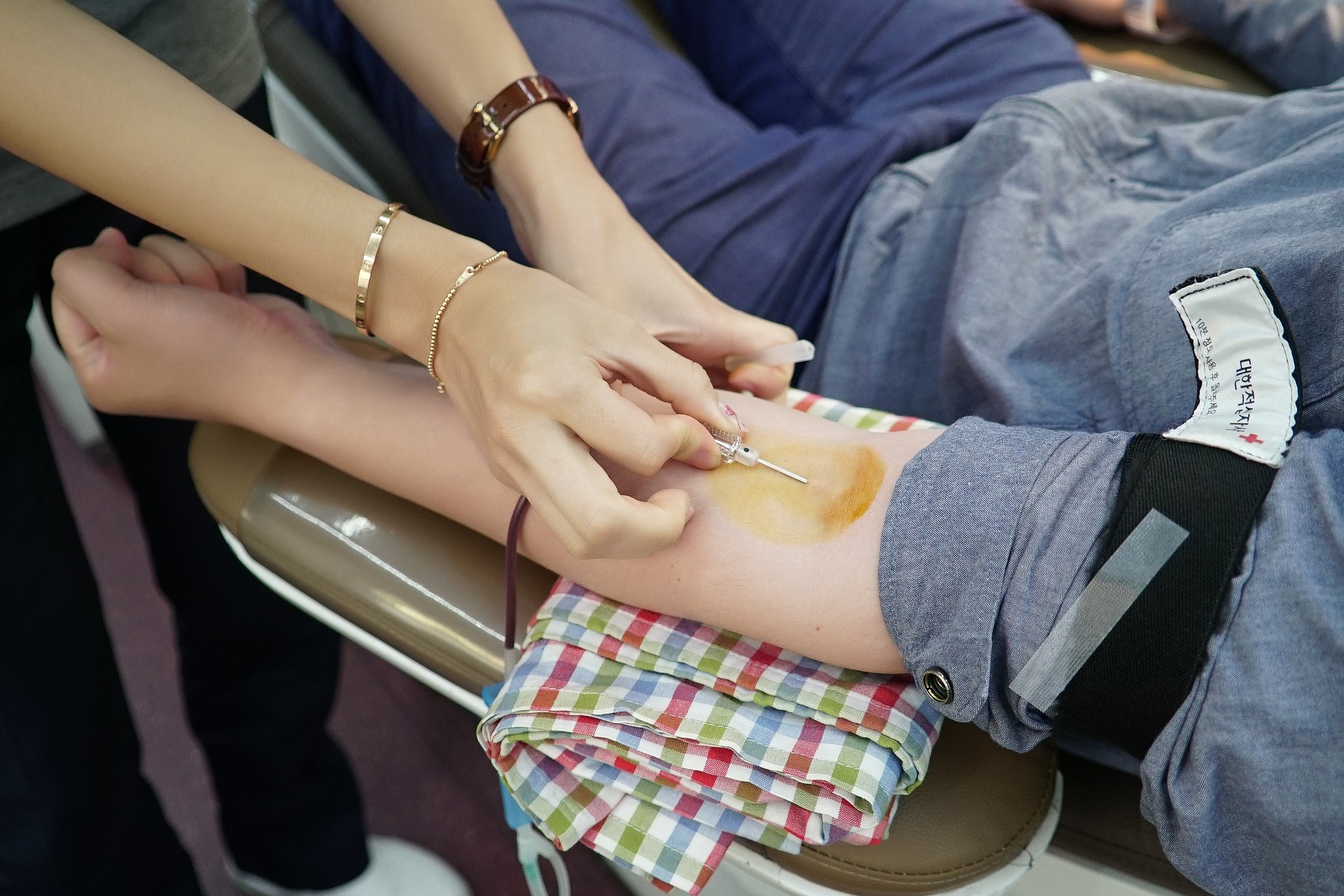
When you need extra money, finding the highest paying plasma donation center in your area is an option. These facilities compensate donors for providing blood plasma. Many have a continuous need for donations. However, you do have to be eligible if you want to give plasma at one of the centers. Here’s what you should know.
Plasma Donation General Requirements
If you want to donate plasma, you have to follow the rules set by the U.S. Food and Drug Administration (FDA) and the American Association of Blood Banks (AABB). Regulations limit the number of donations you can make within a specific timeframe.
For example, you can only donate once in any given two-day period. Additionally, you are only able to give plasma twice over the course of a seven-day period. Since your ability to donate is restricted with respect to those rules, finding the highest paying plasma donation center helps you make as much as possible.
There are other requirements you must contend with as well. First, most centers require you to be at least 18 years of age. You must be 19 years old in Alabama. Additionally, you must weigh a minimum of 110 lbs., not feel sick on the donation day, and typically be in good health.
Donors also have to present a valid government-issued picture ID and Social Security card. Further, you must also provide proof of residency.
Health and Medical Requirements for Donating Plasma
Along with feeling healthy on the day of the donation, donors are subject to a health and medical pre-screening evaluations. This is to ensure they are eligible to give plasma. Individuals with certain conditions – like HIV, a history of hepatitis (any infection after the age of 11), and Chagas’ disease – are automatically ineligible.
Other examples of ineligibility include:
- Individuals with risk factors associated with Creutzfeldt-Jakob diseases (the human equivalent of mad cow disease) are effectively banned.
- Blood transfusion recipients may or may not be eligible, depending on the date of the transfusion and the country where it took place.
- People who take specific medications, such as those to help with blood clotting or thinning or certain acne and psoriasis treatments.
- Traveling to certain countries.
- Anyone who has injected drugs without a doctor’s prescription or exchanged sex for money or goods.
- Certain sexual activities such as a man who has had sex with another man within the past year can’t donate. Additionally, a woman who has had intercourse with a man who has had sex with a man within the previous 12 months is also ineligible.
- Getting a tattoo or piercing, depending on where you get the piercing or tattoo done.
There can be other qualifications or restrictions too. Individuals with health conditions or other questions may want to contact the center before heading over to make sure they are eligible.
How Much Can You Make Donating Plasma?
Not everyone makes the same amount donating plasma. Along with variations in compensation between centers, certain people will earn more than others at nearly every plasma donation facility.
When a plasma donation center pays you, it isn’t paying for your plasma. Instead, you are getting money in exchange for the time it takes to donate. Since some donations take longer than others, this can impact how much they earn.
For example, new and returning donors might receive different amounts. Usually, new donors have to spend more time in the facility for screening, so they earn more on their first donation to compensate for the extra time.
Additionally, higher body weight can lead to more money. Individuals who weigh more can usually donate a larger amount of plasma in each visit, so their donation also takes longer than someone who weighs less.
Finding the Highest Paying Plasma Donation Center
When you need to find the highest paying plasma donation center, you need to consider how often you intend to donate. If you only need to make a little extra cash and plan to donate just once, then you should look for facilities that provide higher compensation to new donors.
However, if you intend to keep donating, then examining how much you can earn each month and what you make after you qualify as a returning donor in the eyes of the center is a better approach. That way, you can earn the most over time.
Some of the highest paying plasma donation centers across the country are operated by companies that have facilities in multiple states. This includes:
- BioLife Plasma Services
- CSL Plasma
- BPL Plasma, LLC
- KEDPlasma, Inc.
- Biotest Plasma Center
Each of these plasma donation centers makes it possible to earn up to $350 to $400 per month, suggesting you donate every time you are eligible. If you are only donating once, that donation can typically earn you between $20 and $50 depending on your location and body weight.
Prepaid Debit Cards for Payment
Usually, donors receive prepaid debit cards (usually Mastercard or Visa) as a means of payment. This allows the center to add additional funds to the same card after each donation. Plus, it gives donors the ability to use them anywhere the brand is accepted as well as make ATM withdrawals for cash or as a payment mechanism for shopping online.
If there are multiple facilities operating in your area, you may want to contact each of them to learn about their current compensation rates. Since each company controls how much they pay and the rates may vary by location, it’s wise to reach out before you head over to donate. That way, you can make sure you are going to the highest paying plasma donation center that is convenient to you, allowing you to make the most possible.
Have you donated plasma? Tell us about your experience in the comments below.
Read More
- 100 Ways to Make Extra Money This Week
- Sell Your Body for Extra Money
- Ways to Make Quick Money
- Best Survey Sites
If you enjoy reading our blog posts and would like to try your hand at blogging, we have good news for you; you can do exactly that on Saving Advice. Just click here to get started.
Tamila McDonald is a U.S. Army veteran with 20 years of service, including five years as a military financial advisor. After retiring from the Army, she spent eight years as an AFCPE-certified personal financial advisor for wounded warriors and their families. Now she writes about personal finance and benefits programs for numerous financial websites.





Comments